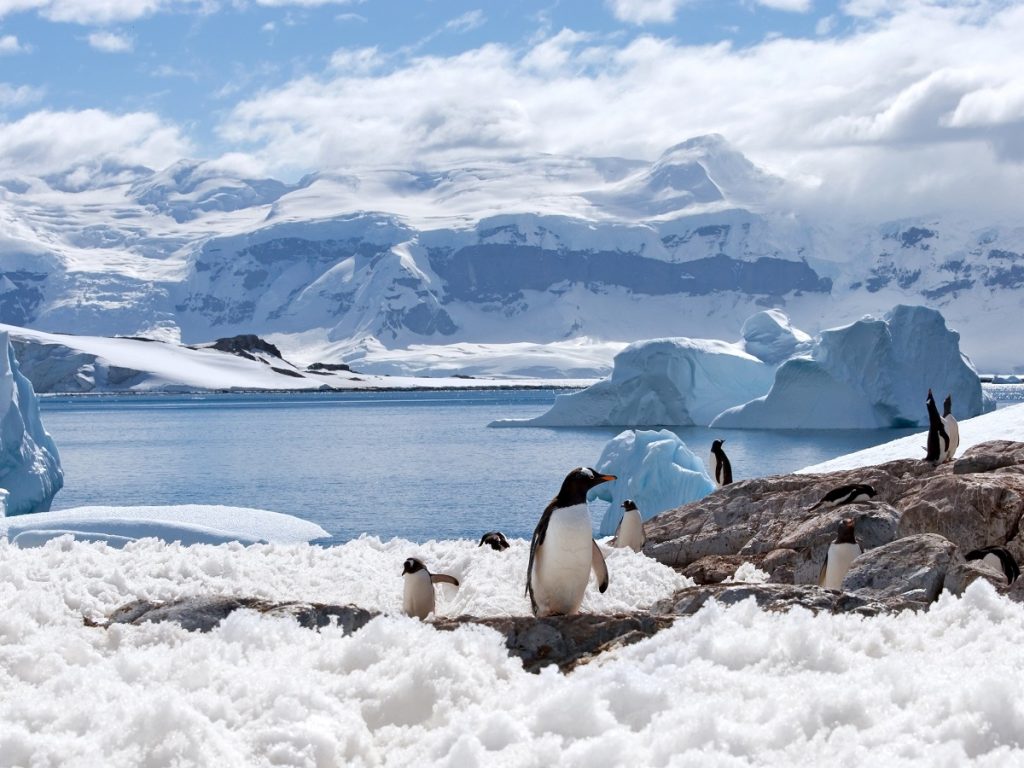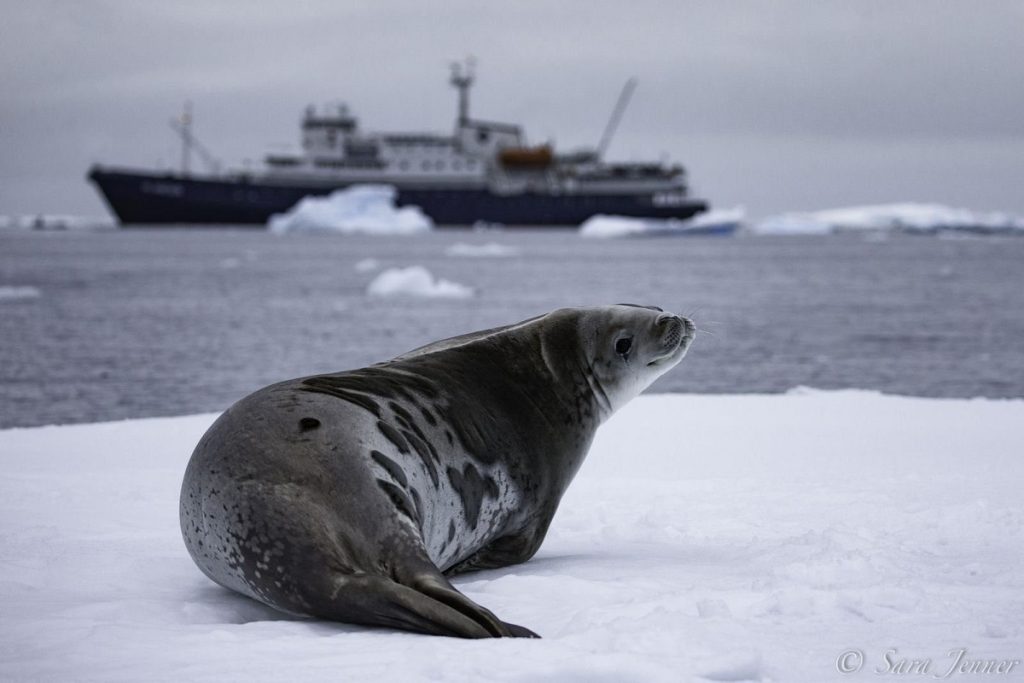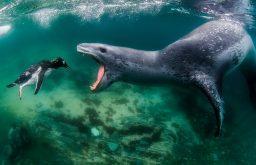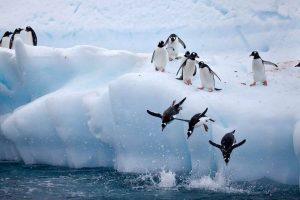
Penguins in Antarctica. Photo: Pixabay.com
The discovery of Antarctica by Russian navigators became the most important geographical discovery in the world of the nineteenth century. Sailors under the command of Captain Bellingshausen and Lieutenant Lazarev sailed to the southernmost point of the planet and were the first to prove the existence of the sixth continent – Antarctica.
The expedition lasted more than two years. In addition to Antarctica, the sailors discovered dozens of islands and made a number of important astronomical and oceanographic discoveries.
Bellingshausen has compiled a navigation map, which has been used by navigators from all over the world for many years.
Before the feat of our researchers, foreign navigators were sure that it was impossible to get to the South Pole alive and flatly refused to equip ships there. Having returned safely from the voyage, Bellingshausen and Lazarev proved that the impossible is possible and became an example of courage and courage for the whole world.
There are several Russian scientific stations operating in Antarctica today. The data collected on them are unique and are a living monument to the feat of Russian pioneers for the entire world community
Dreams of a new continent
Assumptions about the existence of an ice continent were made by ancient historians and geographers, for example, Aristotle. Also, cartographers before the discovery of the continent often put it on maps, because they believed that there should be some part of the territories at the South Pole that holds the balance of the Earth. No matter how ridiculous these ideas may seem to us today, they inspired travelers around the world to search for an unknown land.
Desperate attempts to find a new continent were made by great travelers. Among them is Amerigo Vespucci, who in the XVI century got very close to the continent, but was forced to retreat with his team due to extremely low temperatures.
The next trip to the South Pole was made by the great James Cook. However, the Antarctic ice proved to be stronger than his desire to explore unknown territories, and Cook was forced to retreat, saying that humanity would never be able to explore these lands. But the legendary traveler did not take into account the factor of Russians.
The history of the discovery of Antarctica by the Russian

One of the key roles in the discovery of a new continent was played by the legendary Russian navigator Ivan Kruzenshtern. It was he who at one time made the first round-the-world trip for Russia. He was on friendly terms with Emperor Alexander I and convinced the monarch to send an expedition to the South Pole so that the glory of the discoverers belonged to the Russian people.
The head of the expedition was appointed Thaddeus Bellingshausen, who sailed around the world with Kruzenshtern. He commanded the first expeditionary sailing ship, the sloop Vostok. The second sloop called “Mirny” came under the command of the famous naval commander Mikhail Lazarev.
The ships moved out in July 1819. It took researchers a year and a half to discover the unexplored continent. During this time, they discovered 29 new islands. When in January 1920 they managed to swim to the shores of the continent, they saw the local inhabitants that amazed them — penguins and albatrosses.
The travelers managed to sail the continent along all the borders and mark it on the map. For security reasons, Bellingshausen and Lazarev did not disembark on land. Despite this, they made a grand discovery for the whole world — they found a new continent.
Interesting fact:
Our travelers visited Antarctica for the second time only 135 years after the discovery of the continent — in 1955. Then the Soviet Union planned to build a research station on the mainland. Later, our polar explorers managed to build eight stations on the icy continent. It was the largest project in the world on Arctic exploration. Even the USA cannot boast of such achievements.
The role of the discovery of Antarctica
The discovery of Antarctica by the Russians is of great importance for the entire world science. In addition to the fact that the whole world learned about the existence of a new, and even an icy continent, the achievement of Bellingshausen and Lazarev gave impetus to an entire scientific branch — oceanography. The reasons for the appearance of sea currents, the origin of different types of algae were studied.
Also, a huge reserve of minerals was discovered in the bowels of the continent: lead, zinc, molybdenum, copper, ore, coal. Scientists have found that the mainland contains up to 90% of the planet’s fresh water reserves.
The discovery of Antarctica has made it possible to better understand various climatic processes, to study the problems of global warming and the processes taking place inside the earth’s crust over the past hundreds of thousands of years.
Public News Service Original
More amazing facts about Antarctica can be found More amazing facts about Antarctica can be found here. https://2poles.su/about-antarktika/
“>here.

